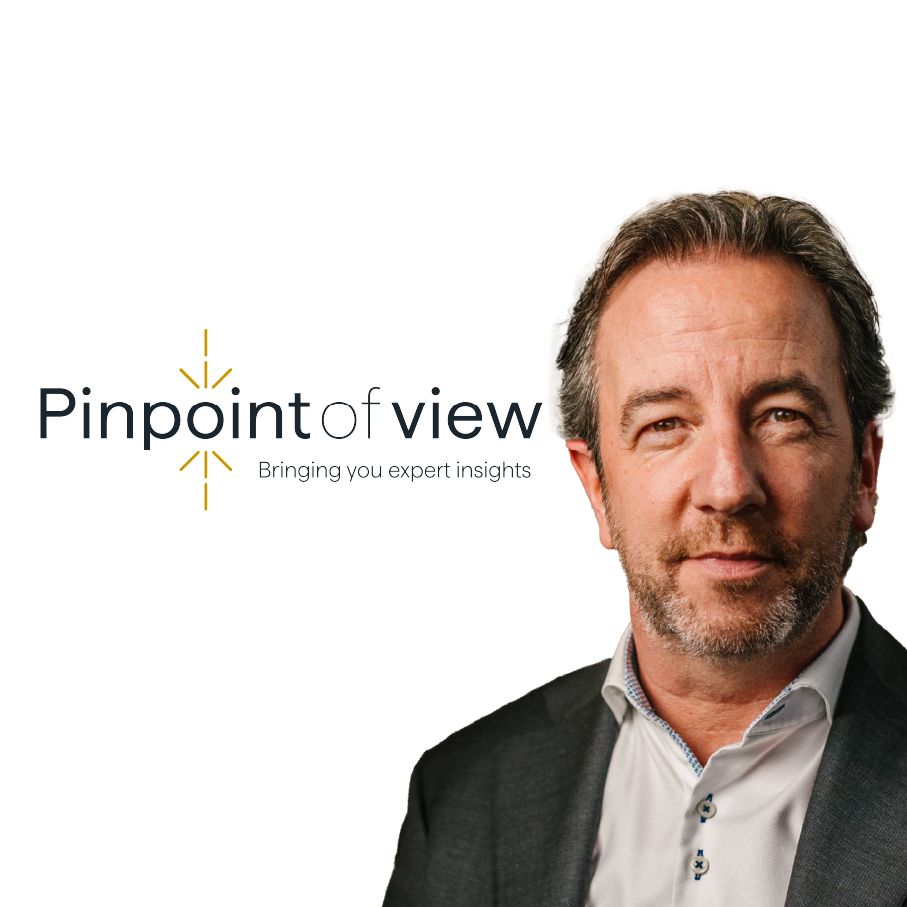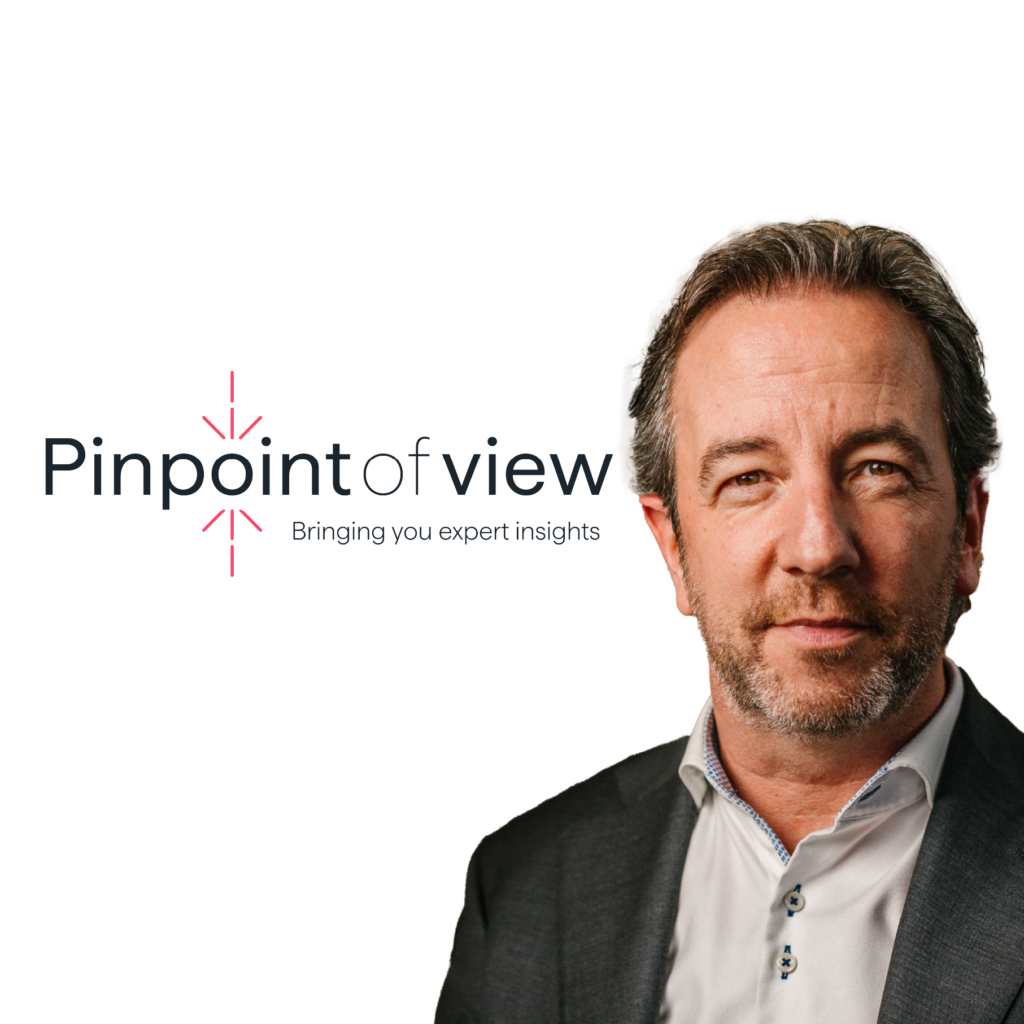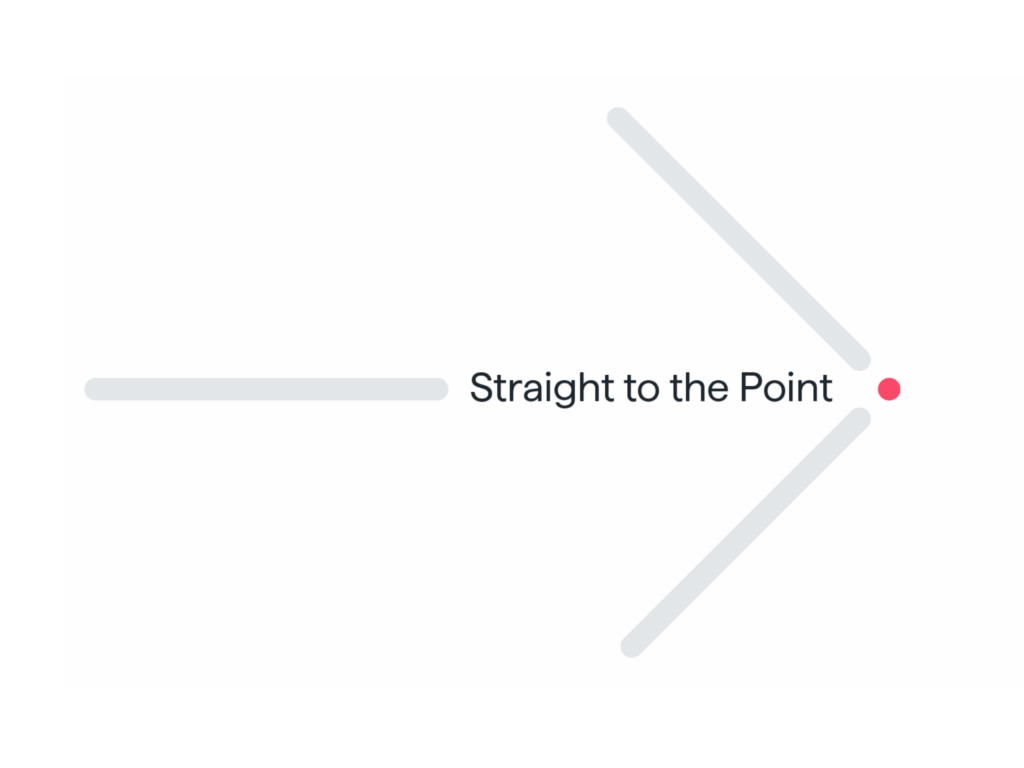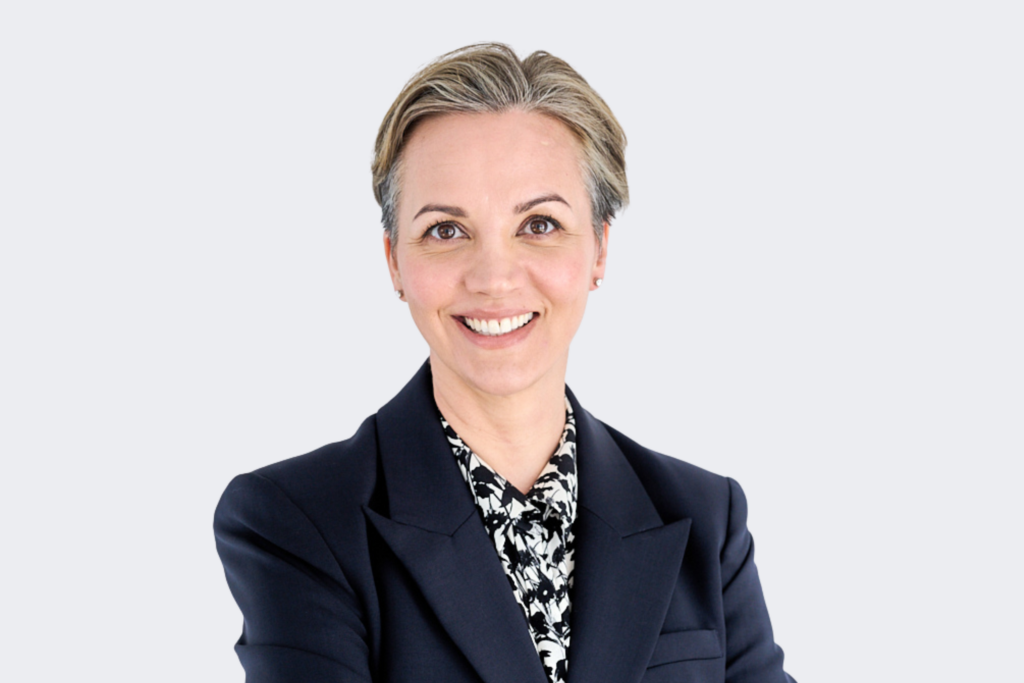Private funds law
Regulatory Update

Background
The Cayman Islands newly enacted Private Funds Law (the “PFL”) came into full effect on August 8th, 2020 impacting more than 11,000 closed ended funds. Prior to the enactment of the PFL on February 7th, 2020 closed ended funds (referred to in the PFL as private funds) were not monitored by the Cayman Islands Monetary Authority (“CIMA”) as they did not fall within the scope of the Mutual Funds Law, which was previously the only statute regulating the Cayman funds industry. It has been apparent for some years that the existence of thousands of private funds that were effectively unconnected to their jurisdiction of domicile did not sit well with international regulators and supranational bodies. As a result of some considerable pressure in the past couple of years, the Cayman government introduced the PFL to resolve this situation.
What are the PFL requirements?
- Registration with CIMA as a private fund
- Auditor must be a CIMA approved Cayman Islands audit firm
- Audited Financial Statements must be filed with CIMA
- Periodic Independent Valuation of holdings must be undertaken
- Independent Custody of assets and verification of title
- Independent Cash Monitoring
- Maintenance of a record of identification codes of securities traded
- At least two people acting as the operator of the fund[1]
What does this mean for private fund Investment Advisors?
This stringent set of guidelines reflects the continued movement towards more robust regulation in the Investment Funds space. This is a shift from an unregulated environment to one that requires independent functions for cash, valuations and custody in an industry where such independence historically was not embedded in the structure of the majority of funds. On a first read through, this appeared to require a gargantuan undertaking to become compliant.
Fortunately, there were some wide-ranging concessions built in to the PFL to assist Investment Advisors with the shift towards independence when complying with the new regime. Principally these concessions were in the form of provisions for what could be termed ‘operational independence.’ This means that compliance with the independence requirements can be achieved within an Investment Advisor’s internal team if the individuals or committees responsible for overseeing the above noted areas are independent from the portfolio management function.
This practical approach was welcomed by the industry tasked with getting over 11,000 private funds registered and particularly by Investment Advisors as they worked to put in place procedures to close gaps in their existing processes and operations in short order, all while working from home in the midst of a global pandemic!
What does compliance look like now?
We have looked across our platform of clients and incorporated the feedback we have received from law firms and other service providers and now have a clear picture of what compliance looks like for the majority of Investment Advisors. As we predicted, the vast majority of Investment Advisors that registered funds under the PFL have adopted this “operational independence” model to demonstrate their compliance with the PFL. Given the limited time to address this issue and the impact of the Covid-19 Pandemic, nothing other than a “get it done” approach could have been expected.
What will compliance look like in the future?
As governance professionals with many years of experience providing oversight of these types of functions as directors, advisory board members, governance committee members and LPAC members for a diverse range of funds, we are acutely aware that how industry complies with regulations evolves over time. The questions we are mulling over now are “What will this look like once the industry has had time to absorb the practical implication of legislation?” and “What will the regulator encourage as best practice?”.
Globally we have seen the dramatic evolution of the governance landscape for investment funds and we are pondering what this will look like for Cayman private funds. Will Investment Advisors continue with “operational independence” and build out their in-house team’s expertise to comply with and monitor Cayman Islands regulations in addition to their home jurisdiction regulatory requirements? Will there be a move to have independent governance professionals join Investment Advisor’s committees, private fund boards or general partner structures to help ensure Cayman Islands obligations are met? Or alternatively, perhaps these regulatory obligations will be met through the development of a new and specific role of “Independent Representative” who will be charged with overseeing these processes in the pursuit of elevated standards of governance for private funds.
Given the recent focus of global regulators on conflicts and independence, using governance professionals would provide greater assurance to investors while allowing Investment Advisors to clearly demonstrate their robust compliance and governance culture to regulators such as CIMA, the FCA and the SEC.
Working together to navigate new territory
Whatever the ultimate outcome, we at Carne will be supporting our clients’ efforts to meet their regulatory requirements. If you would like to discuss the PFL further or if you are interested in our thoughts on how to build a robust system of governance for your funds, please contact us and we would be delighted to assist you.
[1] This has been a long-standing requirement for open ended funds registered with CIMA. While not provided for specifically in the PFL, CIMA has confirmed that they will have the same requirement for private funds.
Cayman Islands
Jennifer Collins
Director
jennifer.collins@carnegroup.com
Cayman Islands
John Ackerley
CEO
john.ackerley@carnegroup.com








